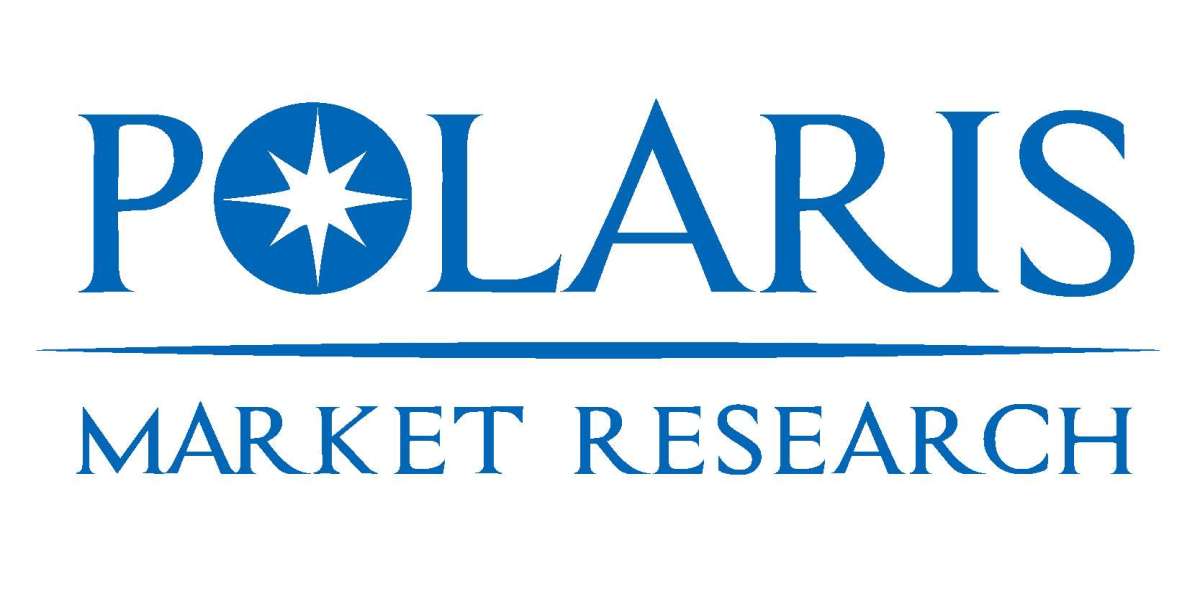Obsessive-Compulsive Disorder (OCD) is a long-term mental health condition that causes unwanted, recurring thoughts (obsessions) and behaviors (compulsions). These patterns can interfere with daily life, relationships, and overall well-being.
Understanding OCD
OCD is more than just being overly clean or organized. It often involves repetitive behaviors driven by intense anxiety or fear. For example, someone may feel the urge to wash their hands repeatedly to ease fears of contamination. These rituals may bring temporary relief but usually lead to more anxiety over time.
Adult Mental Health Services: Your First Step
If you’re struggling with OCD, reaching out to adult mental health services is a vital first step. These services offer evaluations, diagnosis, and therapy options tailored to your needs. Many professionals now provide telehealth appointments, making it easier to access care without leaving home.
Psychiatric Medication Management
Medication can be a key part of managing OCD, especially when combined with therapy. Psychiatric medication management involves working with a healthcare provider to find the right type and dosage of medication for you. Selective Serotonin Reuptake Inhibitors (SSRIs) are commonly prescribed and have been shown to reduce symptoms significantly in many individuals.
What Is the Best Medication for OCD?
There is no one-size-fits-all answer, but some of the best medications for OCD include:
- Fluoxetine (Prozac)
- Sertraline (Zoloft)
- Fluvoxamine (Luvox)
- Paroxetine (Paxil)
- Clomipramine (Anafranil)
These medications work by adjusting serotonin levels in the brain, which helps reduce obsessive thoughts and compulsive behaviors. It may take several weeks to notice improvements, and adjustments might be needed over time.
Online Anxiety Medication and Telepsychiatry
The rise of telemedicine means that you can now consult with mental health providers online. Online anxiety medication services allow individuals to receive assessments, prescriptions, and follow-up care through secure platforms. This is particularly helpful for people who find it difficult to attend in-person sessions due to anxiety or scheduling issues.
Coping Strategies for Daily Life
In addition to professional treatment, self-help strategies can make a big difference:
- Cognitive Behavioral Therapy (CBT): A highly effective approach that helps identify and change negative thought patterns.
- Exposure and Response Prevention (ERP): A type of CBT that gradually exposes you to fears and teaches you to resist compulsions.
- Mindfulness and meditation: These techniques can help ground you during moments of distress.
- Support groups: Connecting with others facing similar challenges can be validating and empowering.
FAQs About Coping with OCD
Q1. Can OCD go away on its own?
Not usually. OCD is a chronic condition, but symptoms can be managed effectively with treatment.
Q2. Is medication necessary for treating OCD?
Not always, but it can be helpful, especially for moderate to severe cases. Medication often works best when combined with therapy.
Q3. How can I find adult mental health services near me?
Many services are now available online or through local clinics. Searching for licensed providers who offer OCD treatment is a good place to start.
Q4. Is online treatment as effective as in-person care?
Yes, many studies show that online anxiety medication and virtual therapy can be just as effective as face-to-face care for many individuals.
Q5. What should I do if my medication isn’t working?
Contact your provider. Psychiatric medication management often involves adjusting the dosage or trying a different medication until the best fit is found.



